Meet the beauty brands upcycling food waste...
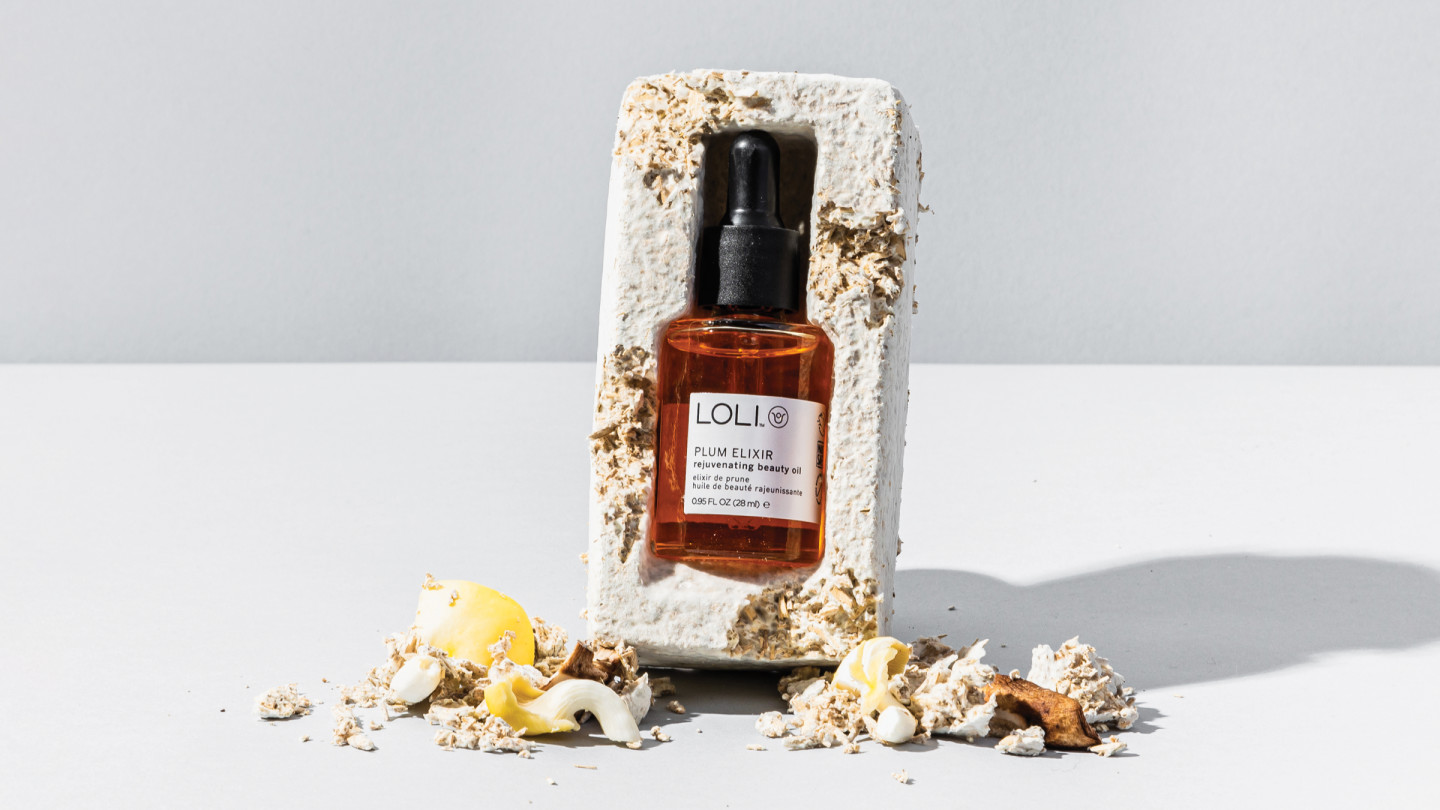
Roula Khalaf, Editor of the FT, selects her favourite stories in this weekly newsletter.
Ten years ago, beauty industry executive Tina Hedges had a “crisis of conscience”. When a string of unexplained health problems prompted a beauty cabinet clear-out, she discovered a waste bin laden with toxins, chemicals and single-use plastic. “None of that made any sense,” says Hedges, who previously worked for Estée Lauder and L’Oréal. Out of the rubbish came a realisation: a mission to “clean up the dirty business of beauty”.
Today, Hedges fronts one of the first beauty brands to practise upcycling. Loli (“living organic loving ingredients”) is centred on ethically cultivated food-grade ingredients, and nothing is wasted in the process. The bestselling Plum Elixir, for example, uses discarded plum kernels for a serum that is “more powerful for skin or hair than marula and argan oil”. Date Nut Brûlée is a cream that tackles acne, psoriasis and eczema with upcycled date oil.
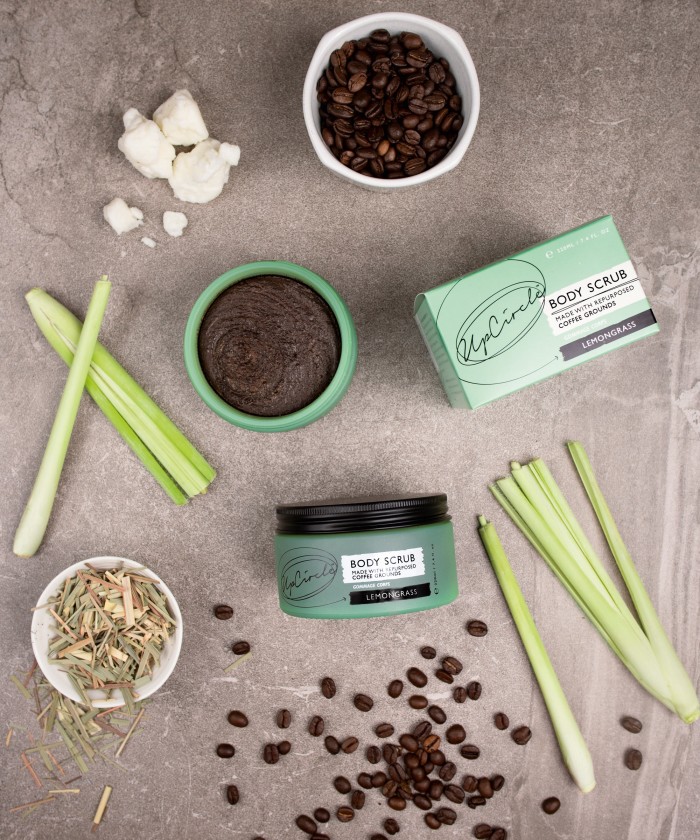
Upcycling is the latest riff on “clean” beauty, a response to the industry’s reliance on sulphates and parabens, but also the 2.5bn tonnes of food wasted around the world each year. “Farm-to-face” brand Farmacy repurposes apple, blueberry and sugar beet; London-based UpCircle works with coffee grounds gathered from cafés. “We’re changing perceptions on what is considered waste by getting people to use it on their face,” says UpCircle’s co-founder Anna Brightman, whose Coffee Body Scrub saves four used espresso shots from landfill with every use.
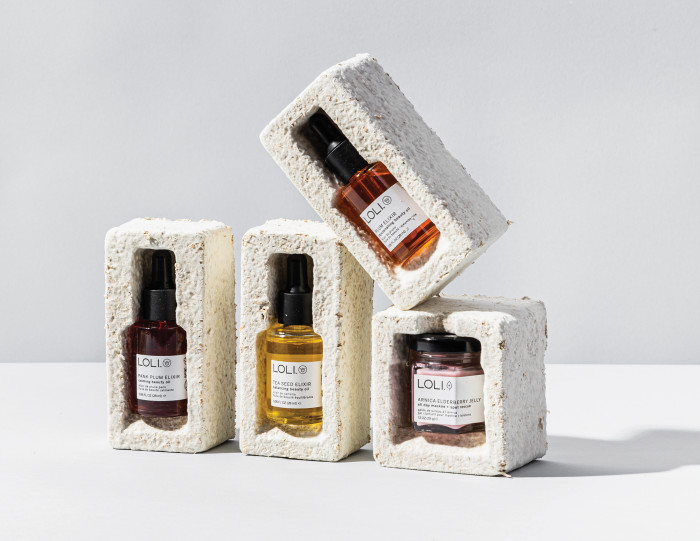
Sienna Piccioni, trend forecasting agency WGSN’s head of beauty, has been tracking the growth of what she calls “protopian” consumers: buyers who believe that “small actions change the world” and are looking to brands for assistance. According to sustainable tech agency Provenance’s Skin Deep Beauty report, 41 per cent of beauty shoppers think waste is an important consideration, while a quarter are actively buying items that have less environmental impact.
The shifting landscape is pushing beauty upcycling towards the mainstream, says Piccioni. “By-products of other industries have proved a viable strategy,” she says. Big-name players include bareMinerals – whose orange-peel fibre mascara is garnering a cult following – and Fresh, which uses upcycled cranberry and grape-seed oils for its much-loved Sugar Lip Balm. And it’s not just food scraps: Brazilian-inspired wellness brand Herlum repurposes floral waste from the fragrance industry for its unisex bodycare.
Fit for repurpose
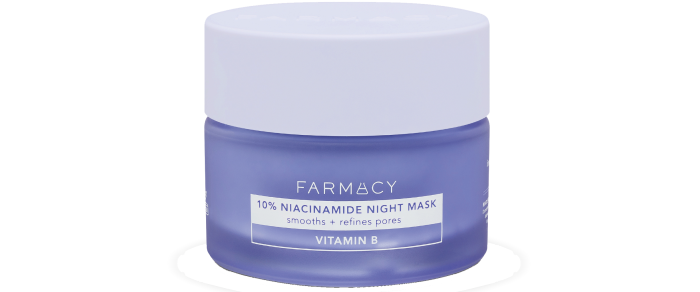
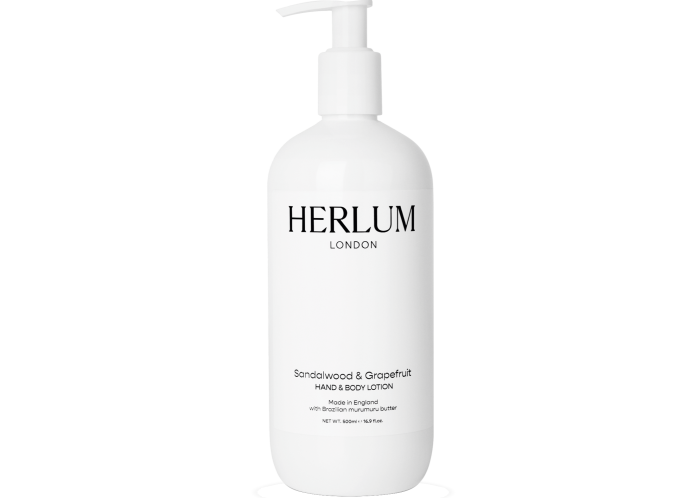

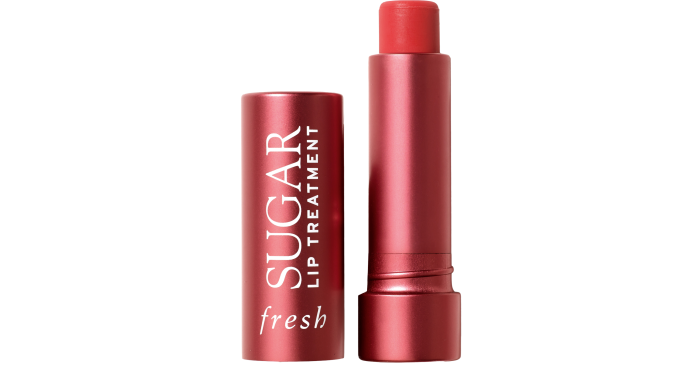
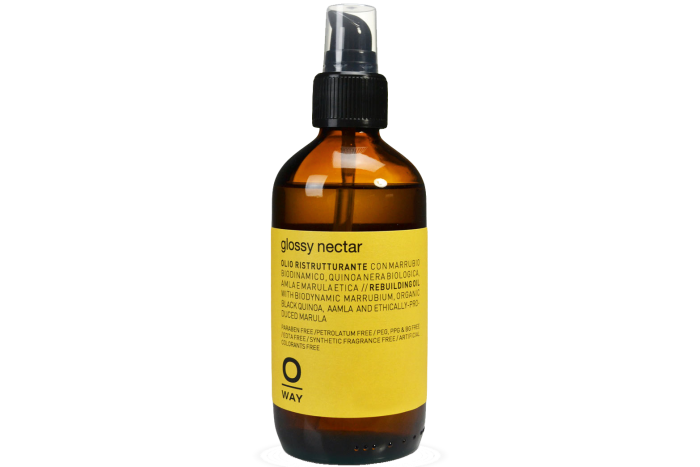
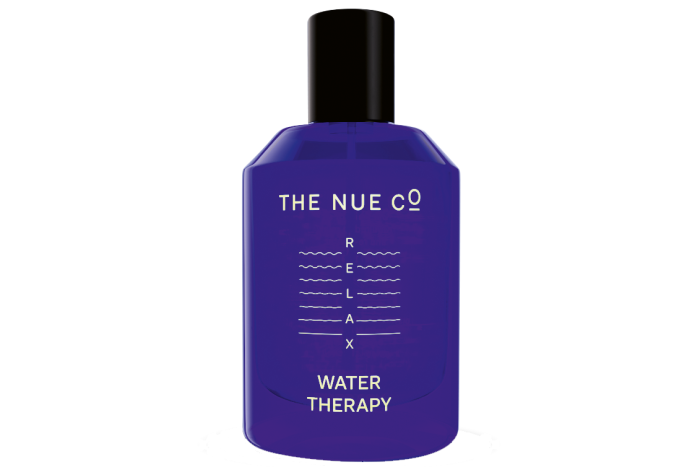
A misconception of upcycling is that ingredients lack efficacy. But as Lorenzo Capecchi, agronomist at haircare brand Oway, points out, “upcycled ingredients do not change the formula when they have the same phytoactive”. In short: if an ingredient is taken from nature, its upcycled alternative will behave in the same way.
The search for upcycled ingredients has even led Pai Skincare founder Sarah Brown to discover the power of new ones. “We came across upcycled bilberry extract at a cosmetic science fair and were struck by its efficacy,” she says of the fruit, which has double the antioxidant levels of blueberries. Pai now uses 10 upcycled and nine zero-waste ingredients across its line.
For Allison Taylor and her sisters at their fourth-generation plum farm in California, the benefits of natural ingredients have always been apparent. In 2018 they repurposed the farm’s plum pits, truckloads of which were being discarded every month. The result, an award-winning face oil, has been clinically proven to brighten skin. “The cold-pressed seeds [are] packed with nourishing polyphenols, omega fatty acids and vitamins,” says Taylor.
Other easy wins can be found within the fragrance industry, where an abundance of by-product ingredients – peels, leaves and extracts – makes upcycling a no-brainer. Last month The Nue Co launched its fourth fragrance with upcycled ingredients, joining similar launches from Diptyque, Miller Harris and St Rose. “There are really big gains to be made,” says Flo Glendenning, VP of product and sustainability at The Nue Co. Its latest scent, Water Therapy, features repurposed bergamot extract, while fan-favourite Forest Lungs uses cedarwood extract made from furniture-industry sawdust.
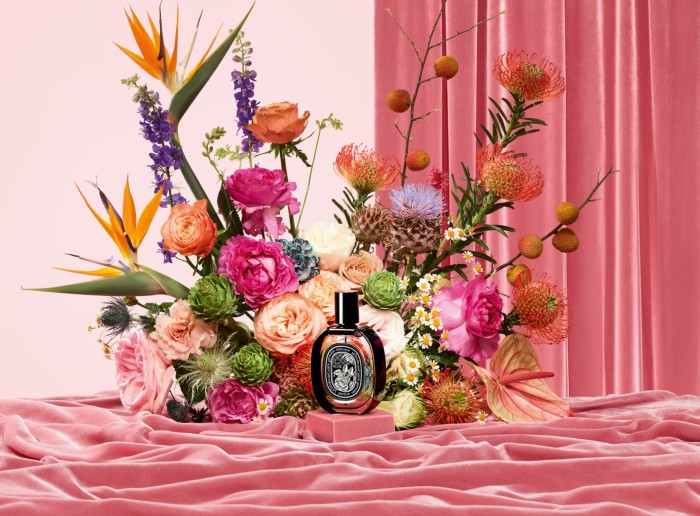
Hedges hopes one day to partner with a big-box retailer to use their misfits in skincare. The partnership route can be a fruitful one – fellow New York skincare brand Circumference works with vineyard Bedell Cellars and Brightland olive oil – and Loli Beauty will soon announce a collaboration with a “coveted” fruit brand. Until then, the focus remains on canvassing the globe for discarded ingredients that are “as powerful if not more effective” than synthesised alternatives. Chances are, they’re closer than you might think.
Comments